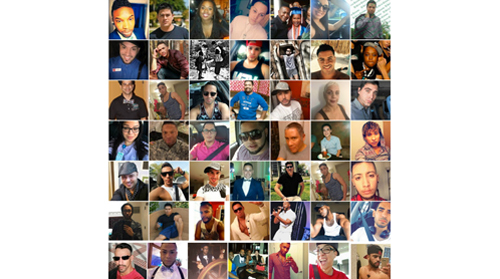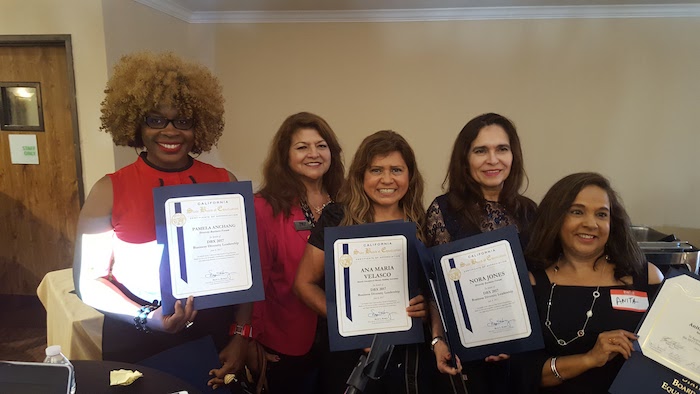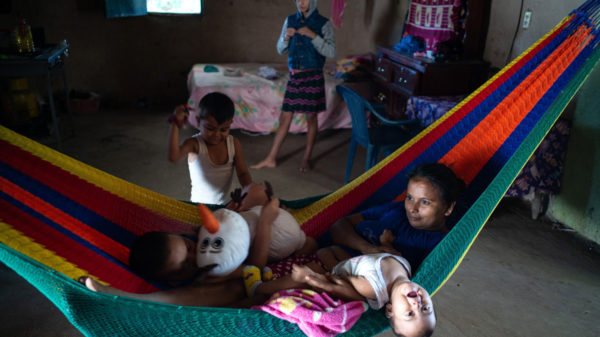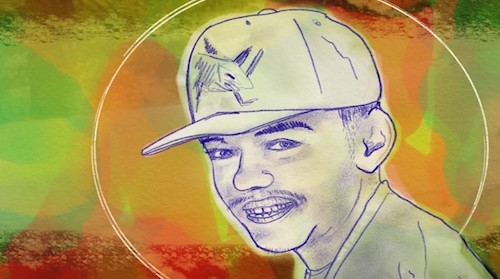One year following its launch, California’s Multilingual Hotline for Help with Hate, known as California vs. Hate, has emerged as a crucial asset in the battle against hate crimes and incidents statewide. Established in May 2023 by the California Department of Civil Rights, the hotline’s mission is to extend support and resources to individuals targeted by hate, linking them with culturally sensitive care coordination services, including mental health aid, legal assistance, and financial support.
During a briefing organized by Ethnic Media Services (EMS), Chantel Bermudez, Senior Manager of the CA vs. Hate Resource Line, provided an overview of the hotline’s operations and shared recent data. Accessible online in 15 languages and via phone in over 200 languages, the hotline ensures that individuals from diverse backgrounds can seek assistance. Bermudez emphasized that the hotline prioritizes trauma-informed services and resource connections over simply reporting to law enforcement.
Preliminary data from the hotline’s inaugural reporting period, spanning from May 2023 to February 2024, unveiled substantial engagement, with 823 hate reports received from 79% of California counties. Race, ethnicity, country of origin, religion, sexual orientation, and gender identity were among the most frequently reported protected statuses. Bermudez highlighted that 66% of individuals reporting hate incidents availed themselves of care coordination services, with legal aid, counseling, and advocacy groups being the most requested services.
James Williams, Jr., Community-Based Organization Manager, elaborated on the collaborative nature of the hotline’s case conference process. This process entails weekly meetings involving representatives from the California Civil Rights Department, 211LA, statewide network agencies, and partnering community-based organizations. These gatherings facilitate information exchange and strategic planning to best assist clients, with an emphasis on referring individuals to culturally appropriate resources and providing ongoing support.
Williams stressed the significance of agency and community organization collaboration in effectively addressing hate incidents. Partnering with community-based organizations ensures that individuals receive comprehensive support tailored to their specific needs, irrespective of factors such as race, religion, or gender identity. Additionally, California’s pioneering efforts in implementing the hotline have attracted national attention, with other states considering similar initiatives.
Overall, California vs. Hate has made considerable strides in its inaugural year, furnishing critical support to those impacted by hate crimes and incidents statewide. Through its multilingual and trauma-informed approach, coupled with collaborative partnerships, the hotline continues to play a pivotal role in combatting hate and fostering inclusivity and support for all Californians.
The subsequent speaker introduced is a prominent figure in the fight against anti-Asian hate. As the co-executive director of Chinese for Affirmative Action, a community-based civil rights organization, they have dedicated themselves to safeguarding the dignity and fair treatment of immigrants while advocating for a multiracial democracy.
When the surge in anti-Asian hate incidents began during the early stages of the pandemic, this speaker, alongside other notable figures like Russell Jeung and Manjusha Kulkarni, played a pivotal role. They spearheaded the Stop AAPI Hate movement and founded the organization Stop AAPI Hate in 2020. Their efforts included tracking hate incidents and addressing racism nationwide.
At a hate crimes summit in San Francisco, the speaker emphasized the importance of providing support to hate crime victims. They highlighted the trauma experienced by victims and advocated for simplified reporting processes to alleviate their anxieties. They stressed the necessity of creating welcoming avenues for victims to seek assistance without fear of encountering additional hurdles.
Moving forward, the speaker, also serving as a commissioner on California’s State Commission on Hate Crimes, collaborates closely with governmental partners like the California Civil Rights Department. Their focus extends beyond merely responding to hate incidents; they are dedicated to implementing preventive measures and interventions to curb hate at its roots.
Furthermore, the speaker acknowledges that hate manifests in various forms and intersects with factors like gender, sexual identity, race, ethnicity, and faith. They emphasize the inadequacy of solely relying on police responses to address hate, advocating for comprehensive approaches that address the multifaceted nature of hate crimes.
The speaker’s insights underscore the urgency of collective action against hate, emphasizing the need for supportive systems and culturally competent responses. Their commitment to fostering inclusive environments and empowering victims reflects a broader effort to combat hate and promote social cohesion.
In conclusion, the establishment and successful operation of California vs. Hate represent a significant step forward in the ongoing battle against hate crimes and discrimination in the state. Through its multilingual accessibility, trauma-informed approach, and collaborative partnerships with governmental agencies and community-based organizations, the hotline has emerged as a lifeline for individuals facing bigotry and harassment. The preliminary data presented underscores the critical need for such initiatives and highlights the positive impact they can have on affected communities. Moreover, the dedication and advocacy of individuals like the subsequent speaker, who tirelessly work to address hate and promote inclusivity, serve as a beacon of hope in the fight against intolerance. As California continues to lead the charge in combating hate, the success of California vs. Hate serves as a testament to the power of collective action and underscores the importance of ongoing support for those affected by discrimination and hate crimes. Through continued collaboration and unwavering commitment, we can strive toward a more just and equitable society for all.
#CaliforniaVsHate #StopHateCrimes #CombatDiscrimination #InclusiveCommunities #MultilingualSupport #TraumaInformedCare #CommunityPartnerships #SocialJustice #EndHateNow #SupportVictims #PromoteInclusivity #CollectiveAction #CivilRights #AntiHateMovement #CaliforniaLeadership #EqualityForAll #DiverseSolutions #HateFreeCalifornia #CulturalCompetency #HopeInAction










